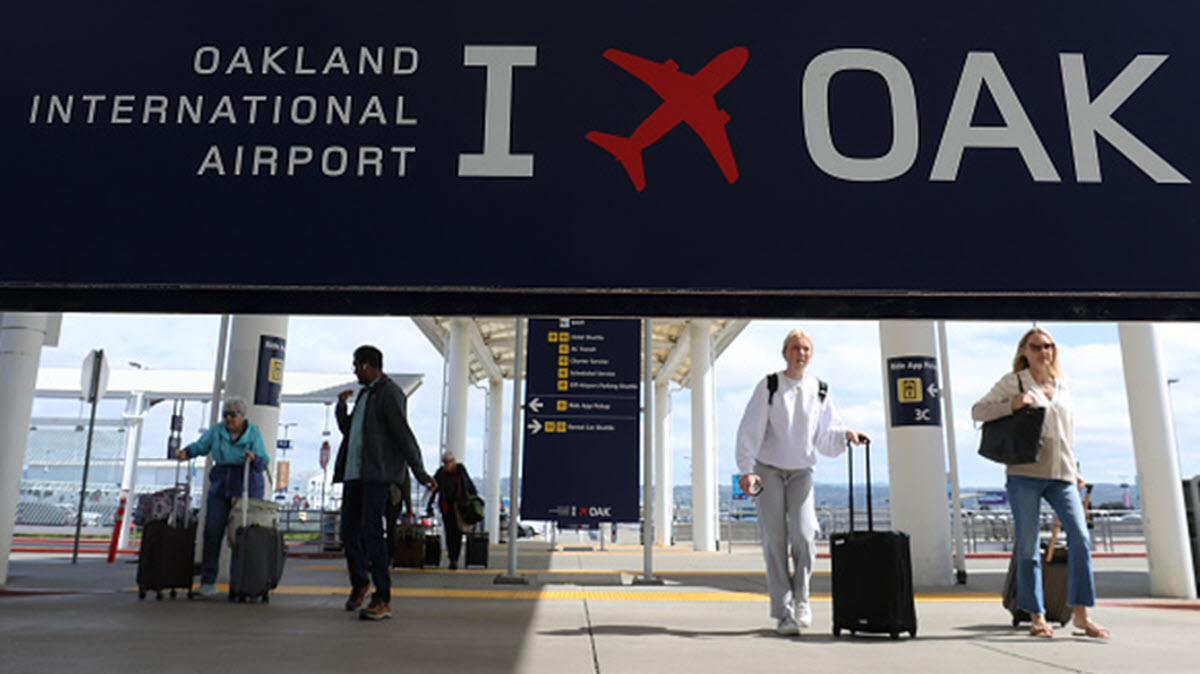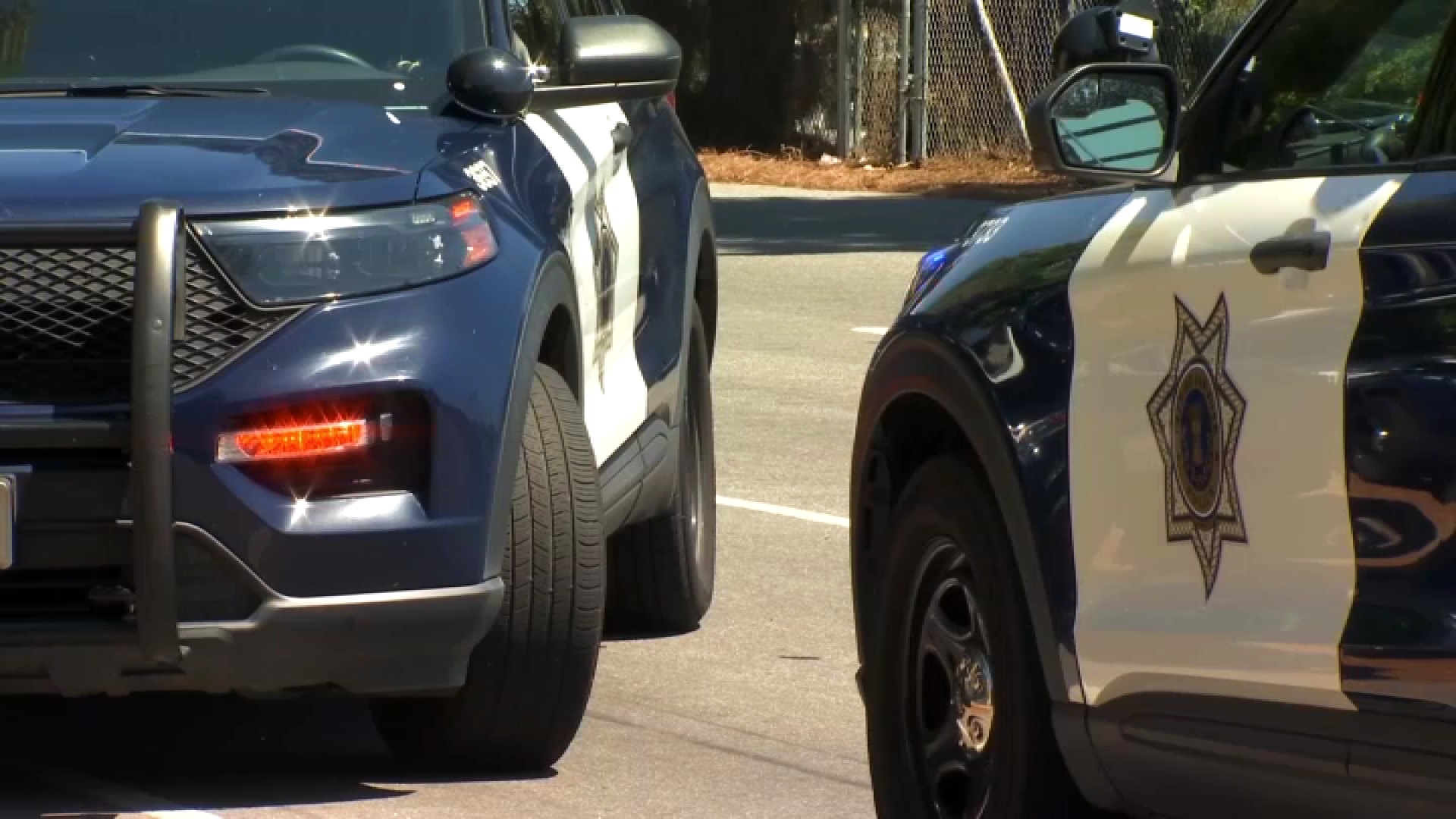The San Jose City Council Tuesday approved a motion that would limit the city's medical marijuana collectives to 10, taking another step forward in a prolonged and convoluted regulation process.
Several key issues that the council could not agree upon at its meeting last week were brought up, among them being a figure to cap the city's collectives. Vice Mayor Madison Nguyen proposed a motion to limit the collectives to 10, to which numerous amendments were made by the rest of the council. The final motion was approved 6-5.
Those who voted against the motion were Councilmen Ash Kalra, Pierluigi Oliverio, Donald Rocha, Xavier Campos, and Kansen Chu. Each had his reasons. Kalra said he could not support a cap of 10 because it was not based on an "informed decision."
Campos said he would rather have the federal government create regulations.
"The Feds need to grab hold of this, so we can actually have pharmacies that can dispense the medication," Campos said.
Councilman Sam Liccardo recommended limiting the collectives to no more than two per district, and also to restrict the collectives from operating in sensitive retail areas, such as ground floor, downtown, and pedestrian-oriented retail areas, like the Westfield Valley Fair or Eastridge malls.
Mayor Chuck Reed's suggestion was to incorporate checking for misdemeanor convictions as part of the background check on collective operators, amending Nguyen's motion recommending that only felony convictions be considered.
Local
Councilman Pete Constant suggested that the guidelines be sent to the office of the U.S. Attorney for the Northern District of California for review and to ensure that the regulations do not result in liabilities for the city.
Finally, Councilwoman Rose Herrera recommended that cultivation be kept on-site, as was originally recommended by the city manager's office.
Prior to the vote, City Attorney Rick Doyle said he had met with Santa Clara County District Attorney Jeff Rosen over the past week.
"(Rosen) feels strongly [that] this is necessary for law enforcement to have some kind of control," Doyle said.
Once again, the council was divided on the process of selecting the collectives. The options being considered include a first come, first served process, a lottery selection and a ranking system.
Last week, the council voted on establishing zoning districts for the collectives, agreeing to allow the collectives to operate in industrial parks or commercial zoning districts.
Following that meeting, Councilwoman Nancy Pyle proposed enacting a ban on all facilities if the council could not agree upon a regulatory framework at the meeting today, and Chu had proposed referring the regulation matter to the county, adopting an interim ban in the meantime.



